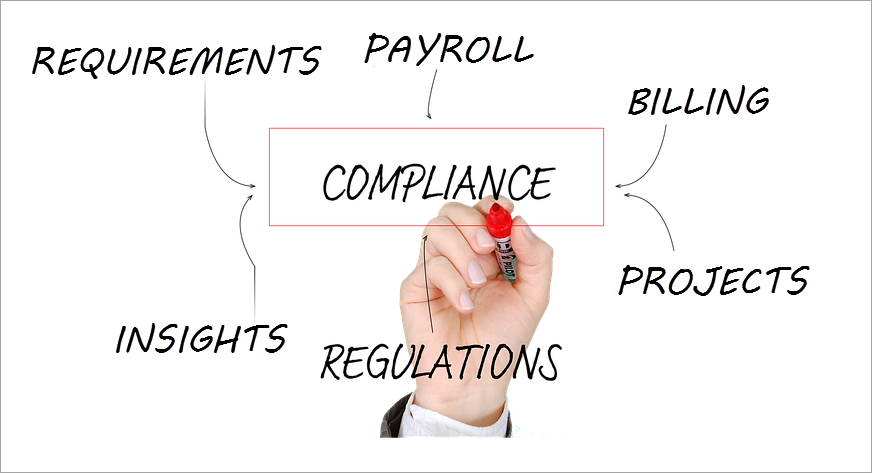What is Timesheet Compliance?
Timesheet compliance refers to following the established guidelines and regulations for recording and submitting employee work hours. This covers both internal company policies and external labor laws and regulations.
Why is Timesheet Compliance important?

Accurate Payroll:
Accurate time tracking ensures employees receive fair compensation by preventing errors and underpayments.
Transparent Billing:
Accurate time allocation to projects guarantees clients receive fair and accurate invoices, avoiding over or underbilling.
Improved Project Management:
Overview into project timesheets allows managers to identify delays, take corrective actions, and enhance project delivery.
Performance Evaluation:
Timesheet data provides valuable insights into employee performance and workload distribution, aiding performance management.
Compliance with Regulations:
Adherence to labor laws and regulations regarding work hours and overtime safeguards your organization from legal consequences and protects employee rights.
Optimizing the Timesheet compliance process:
- Select User-Friendly Software: Implement a timesheet system that is easy for employees to navigate and understand.
- Invest in Training: Provide comprehensive training to employees on using the software, understanding company policies, and the importance of accurate time tracking.
- Communicate Importance: Communicate the significance of timesheet compliance, emphasizing its role in fair compensation, accurate billing, and overall organizational success.
- Maintain Data Security: Implement robust security measures, including access control, data encryption, and regular backups, to ensure sensitive timesheet data remains confidential.
What are the benefits of using a Timesheet Software for Compliance?

- The software streamlines time tracking, minimizing manual errors and discrepancies.
- It facilitates accurate client billing based on project-specific time allocation.
- Automates notifications and reminders for timely timesheet submission and approval, ensuring a smooth payroll process.
- Provides valuable reports and analytics for forecasting, resource allocation, and project management.
- Enhances data security and confidentiality by restricting access and employing strong encryption measures.
By implementing these practices, organizations can ensure timesheet compliance, protect employee rights, maintain financial transparency, and achieve improved operational efficiency and success.

